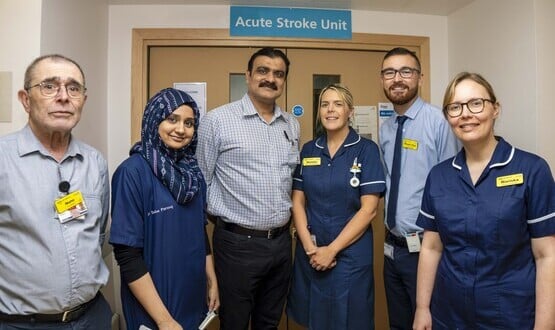Records can be used to identify CVD risk
- 27 April 2010
Identifying patients at high risk of cardiovascular disease through electronic primary care records would be just as effective in preventing CVD as the universal screening programme proposed by the government, researchers have concluded.
Dr Simon Griffin and colleagues from the Medical Research Council’s epidemiology unit in Cambridge looked at different screening strategies for identifying and treating people at high risk of CVD, in light of the government’s plans to screen all adults aged 40-74.
The researchers, reporting their findings in the BMJ, found that using routine data in and a simple CVD risk score to target the 20% at highest risk could prevent 50% more CVD; targeting the 40% at highest risk could prevent 75% more CVD; and targeting the 60% at highest risk could prevent almost all CVD disease.
They concluded that compared with the UK government’s universal screening strategy for adults aged 40-74, a targeted approach could be just as effective and mean potential cost savings.
In an accompanying editorial, Dr Tony Marshall, senior lecturer in public health at Birmingham University, said targeting case finding programmes run in Sandwell Primary Care Trust and elsewhere, combined with tools from software companies to identify those at highest risk, had shown that the small additional benefits of universal screening did not justify the costs.
He said PCTs that had already implemented targeted case finding programmes could continue to do in good faith so as universal screening would take years to implement.
Dr Marshall argued that there were other conditions which could also be identified using existing data, but “before we investigate the complicated ideas we should implement the simple ones.
"There are untreated patients at high risk of cardiovascular disease, most of whom can be identified from their electronic primary care records. We should act on this information.”




